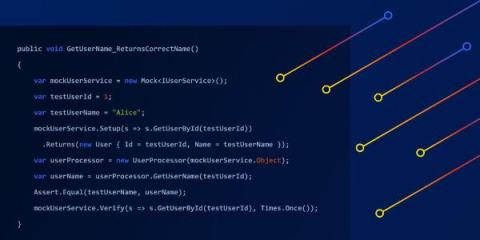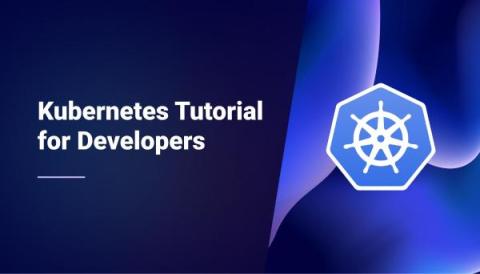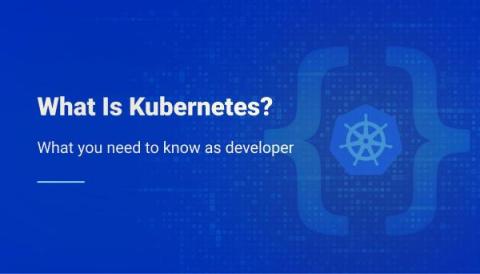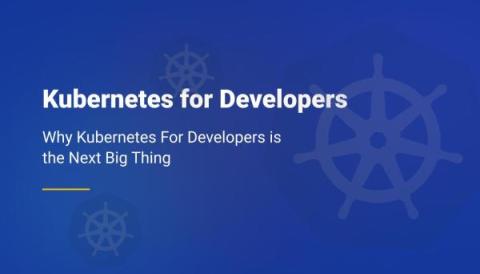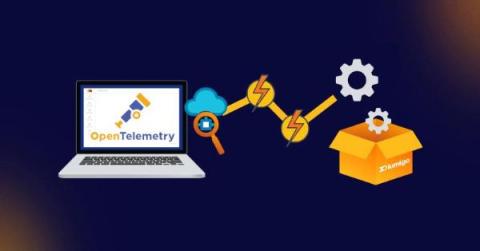Outsourcing SaaS Development: Key Strategies for Success
Outsourcing software as a service (SaaS) development is a strategic approach adopted by businesses aiming to enhance growth, reduce operational costs, and streamline product delivery. In an era where swift market entry and technological efficiency are pivotal, outsourcing offers companies the leverage to focus on core competencies while delegating the complex task of SaaS development to specialized service providers.



